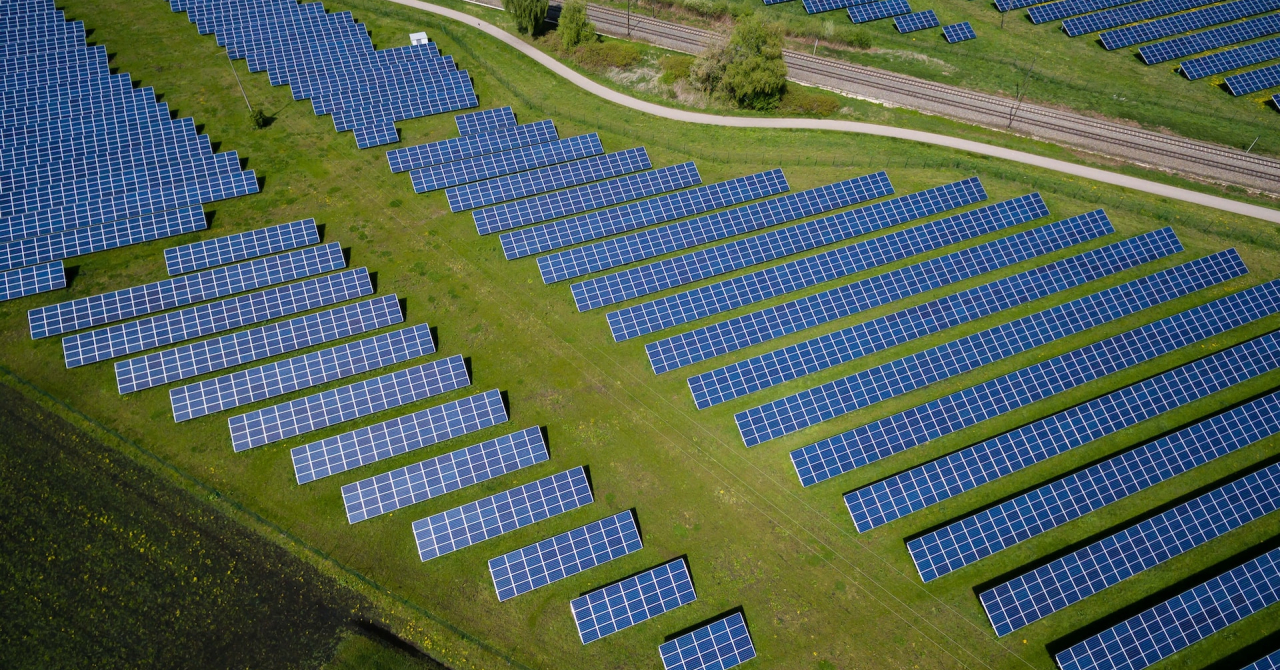According to Science Daily, inorganic membranes, which are usually made from ceramics or metals, have the role of separating molecules based on their size and properties.
The membranes are said to be easy to manufacture and are highly customizable, which means that they can be adapted to multiple applications in the energy sector, from filtering and separation, to energy conversion and catalysis.
Regular membranes used in the sector are known to be energy-intensive and thus, expensive to implement. They also need to be regenerated and the filtering systems have to be treated, from time to time, which increases cost and complications.
The new type of inorganic membranes is more flexible and can adapt to various energy-related industries, electricity or heat, for example, which means that they are more suitable for usage in applications such as fuel cells and solar panels.
Professor Ghim Wei Ho said that "our new technique has the potential to transform industries that heavily rely on membranes for their operation, particularly those related to energy or the environment."
To make the technology more affordable, the team of researchers will explore new ways to automate the manufacturing process for these inorganic membranes.
 Mihai - Cristian Ioniță
Mihai - Cristian Ioniță












Any thoughts?